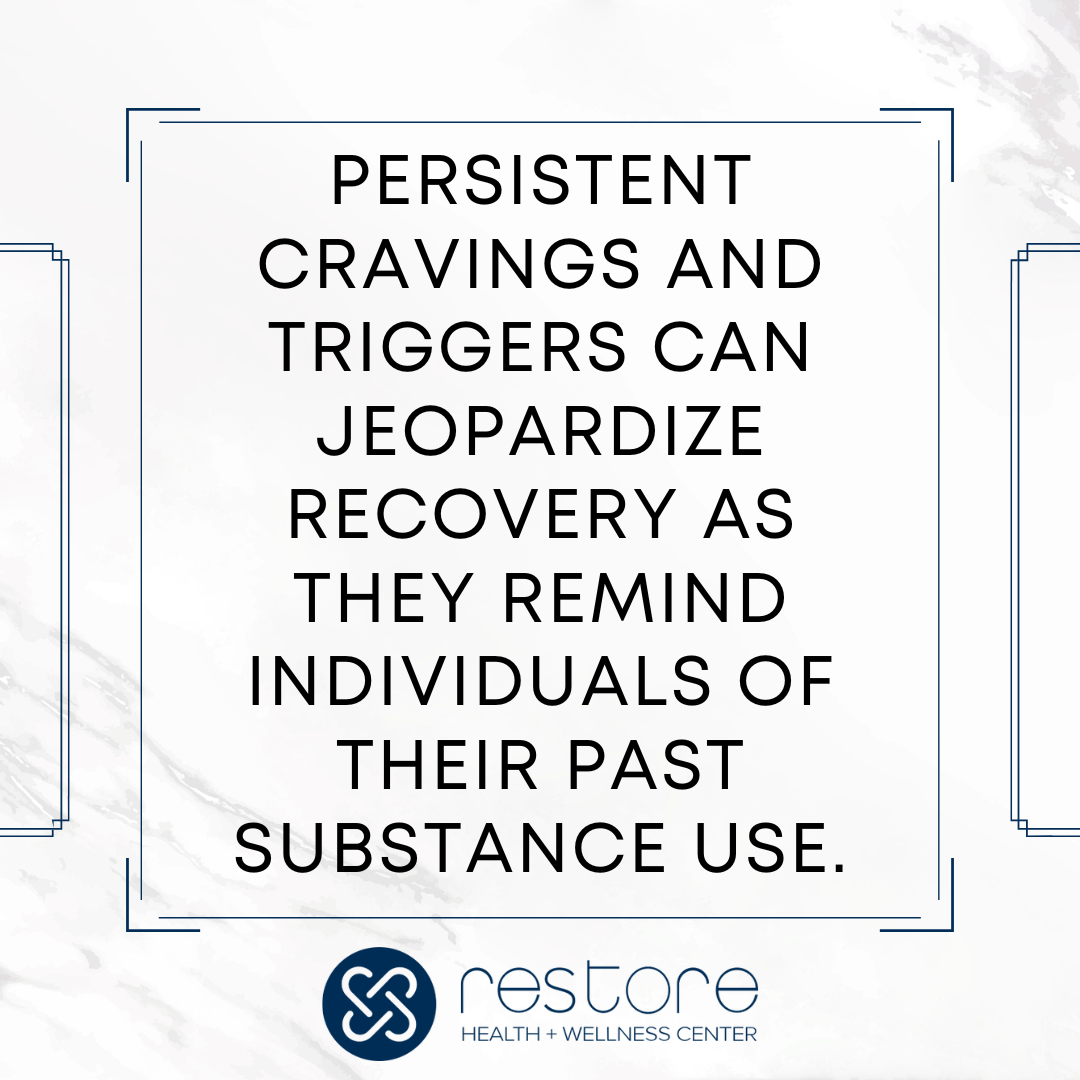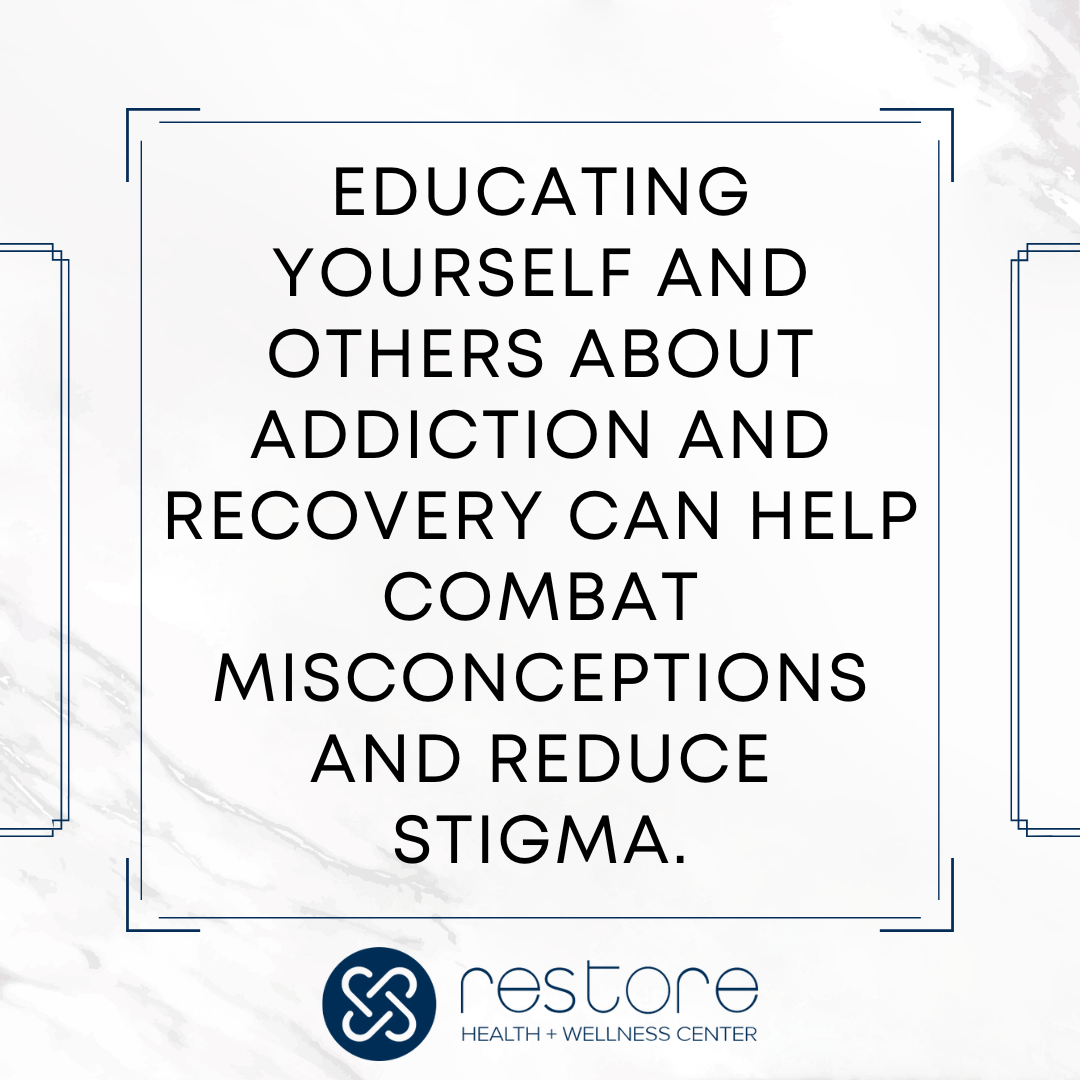
A person could be sober for six months, yet life after addiction might still be far from easy. They may struggle with overwhelming guilt, strained relationships, and the constant battle against cravings. Every day is a test.
Many people face significant challenges after overcoming addiction, from emotional turmoil to physical health issues, social isolation, and many more. However, there are actionable steps that you can do. Read on to know more about it.

1. Managing Cravings and Triggers
Problem: Persistent cravings and triggers can jeopardize recovery as they remind individuals of their past substance use.
Solution: To manage these challenges, developing coping strategies is key when going through recovery from drug and alcohol addiction in California. Practices like mindfulness and meditation can help you stay grounded and aware of your thoughts, reducing the power of cravings. Regular exercise is another effective tool, as it distracts from cravings and promotes overall well-being.
Additionally, creating a trigger management plan can prepare you to handle situations that might provoke cravings. Add to this plan a strong support system (trusted friends, family, or a therapist) that can provide guidance and encouragement when cravings strike.
2. Rebuilding Trust with Loved Ones
Problem: Addiction often leads to broken trust and strained relationships with loved ones, making it challenging to rebuild these bonds.
Solution: Open and honest communication is the key to mending these relationships. Be transparent with your family and friends about your struggles and your commitment to recovery. Remember that actions speak louder than words, so consistently displaying reliability and integrity is essential.
Over time, these actions will help rebuild trust and repair damaged relationships, creating a more supportive environment where one can thrive.
3. Finding Employment
Problem: Difficulty securing a job due to a history of addiction.
Solution: Use employment placement programs and career counseling for recovering people. These services can help you develop a resume, prepare for interviews, and identify suitable jobs. Be honest about your past in interviews and emphasize recovery and positive developments you had after undergoing a sobriety program in a Los Angeles rehab. Highlighting your determination and skills can highlight your potential as a trusted employee rather than your past.

4. Addressing Legal and Financial Issues
Problem: Legal problems and financial instability.
Solution: If you’re dealing with legal issues, seeking legal advice is essential. Organizations that support individuals in recovery can provide valuable guidance to navigate the legal system. For financial instability, creating a budget and a financial plan is essential. This plan should include strategies for managing debts, controlling expenses, and gradually rebuilding your financial health. Taking control of your finances can reduce stress and provide stability.
5. Coping with Mental Health Issues
Problem: Co-occurring mental health disorders such as depression or anxiety, which can complicate the recovery process.
Solution: Regular therapy sessions with a mental health professional can provide the support and tools needed to manage these issues. If prescribed, medications can help stabilize mental health, making it easier to focus on recovery. Participation in support groups where others share similar experiences can also be beneficial, offering a sense of community and understanding for people who were once victims of or exhibit substance abuse disorder.
6. Establishing a Healthy Routine
Problem: Lack of structure and routine.
Solution: Developing a daily schedule that includes time for work, hobbies, exercise, and relaxation can provide structure and purpose. Setting realistic goals, both short-term and long-term, can help you stay on track and maintain consistency in your activities. A balanced lifestyle keeps you engaged and promotes health and healing.
7. Building a New Social Network
Problem: Isolation and the loss of previous social circles.
Solution: Support groups and community activities might help you meet people with similar interests. Building a positive social network through sober activities like hobbies or volunteering might also be beneficial. Being part of a supportive community can enhance your confidence and recovery commitment.

8. Dealing with Stigma
Problem: Social stigma and discrimination related to addiction can create feelings of shame and hinder your ability to reintegrate into society.
Solution: Educating yourself and others about addiction and recovery can help combat misconceptions and reduce stigma. Sharing your story and raising awareness can also contribute to changing societal attitudes. Surrounding yourself with supportive and understanding individuals is important for maintaining a positive outlook and resisting the negative impact of stigma.
9. Preventing Relapse
Problem: The risk of relapse.
Solution: Maintaining commitment to a regimented strategy for avoiding relapse is important in drug abuse treatment. Anxiety management, goal-setting, and trigger avoidance should all be part of your strategy. To maintain your dedication to your recovery, it is recommended that you attend therapy sessions and support group meetings on a regular basis.
10. Maintaining Long-Term Sobriety
Problem: Sustaining motivation and commitment to sobriety.
Solution: Setting and achieving small, manageable goals can help keep you motivated. Celebrating milestones, no matter how small, reinforces your progress and commitment. Staying connected with your support network, including friends, family, and support groups, provides ongoing encouragement and accountability, helping you maintain your sobriety for the long term.

Conclusion
In recovery, successfully managing the challenges that arise is key to long-term sobriety. By addressing cravings, rebuilding trust with loved ones, and securing employment, you lay a solid foundation for your new life.
Continuously setting realistic goals and staying connected to your support system will help you stay on track and thrive after addiction.
Are you ready to move forward in your recovery? Contact Restore Center today to get the help, tools, and direction you need to rebuild your life with confidence. Get back in charge of your future right now!












